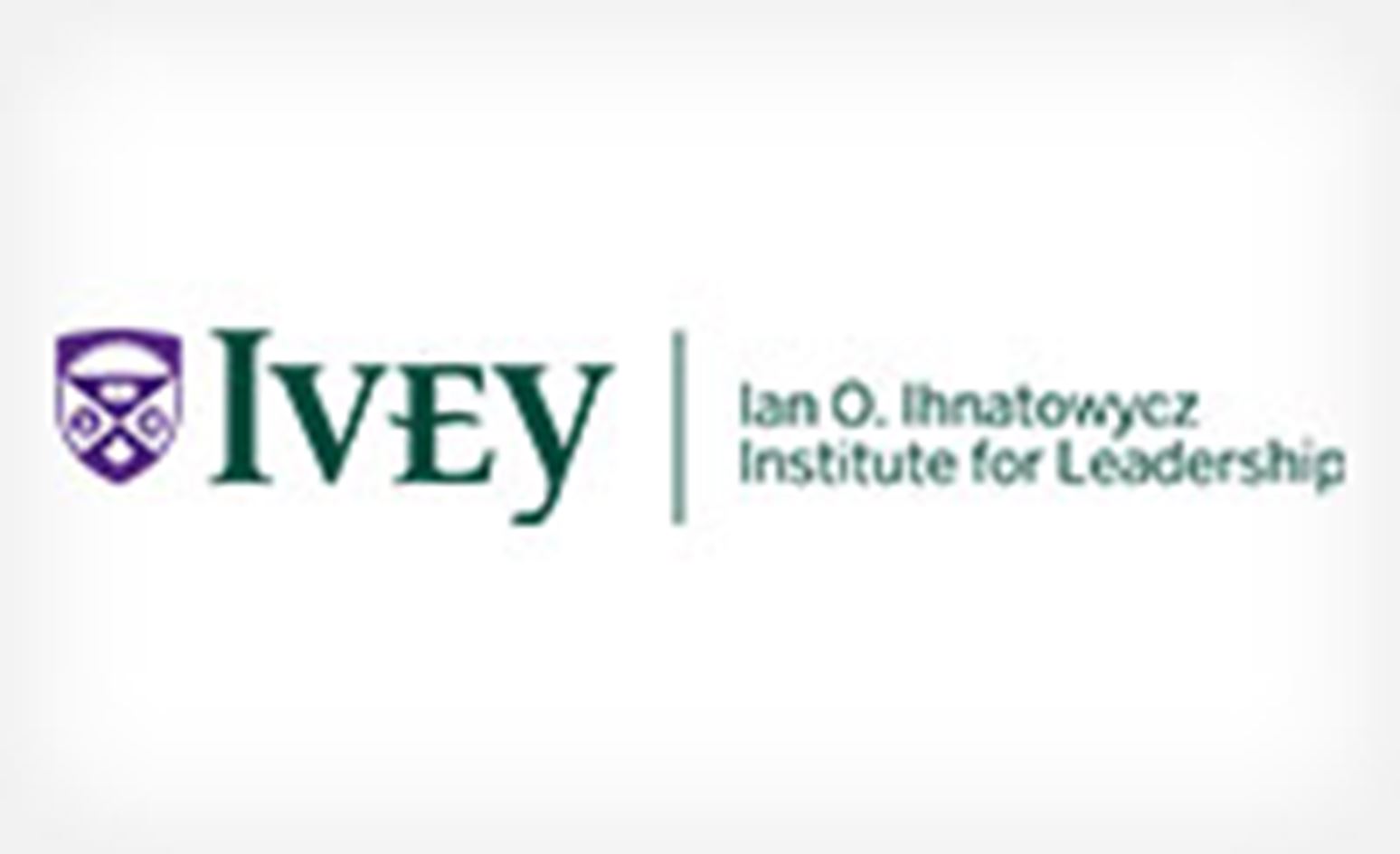Goldman Sachs leader advocates the power of constructive dissent
A driving force behind Goldman Sachs’ rise to one of the world’s largest investment banks is an organizational culture where constructive dissent is encouraged.
In a presentation to Ivey MBA students on March 16, Andrew Chisholm, MBA ’85, Managing Director of Investment Banking at Goldman Sachs, explained how this element of inclusiveness has helped to shape the company.
“It is the small decisions by many individuals that add up to the collective direction a company takes,” said Chisholm. “Management is no longer about CEOs and senior executives exercising control over those below them and ignoring questions.”
While final decisions may not always please everyone, an inclusive culture allows employees to have an opportunity to shape decisions. Additionally, no one can be an expert at everything so team members rely on each individual’s strengths and expertise.
Chisholm cited the Queen of England’s “loyal opposition” as an example of how dissent can impact decision-making.
“Discussion and debate are used to talk about policies, not loyalties, and the resulting checks and balances are in place to ensure that decisions are constructive,” he said. “It is important to question issues and be in disagreement about ideas.”
Chisholm stressed leaders are vital in shaping cultures where constructive dissent is valued because people often make choices based on how they are led from the top. Corporate structures, such as mission statements, policies and procedures are valuable, but leaders should also help to create processes for questioning authority and expressing viewpoints beneficially.
“Building culture is nuanced, complicated and obtuse,” he said.
